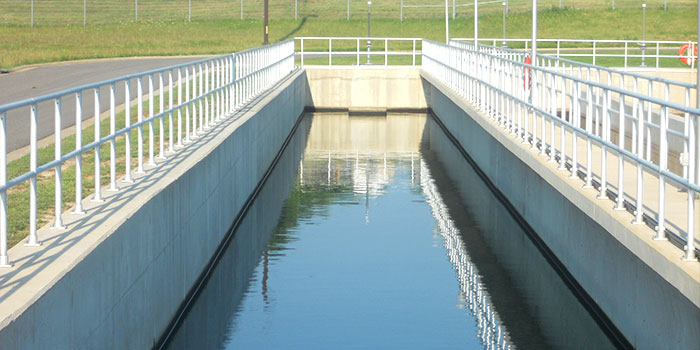When the membership of the Virginia Biosolids Council approved a Code of Good Practice in 2009, it was a decision by the membership to put in writing common sense best management practices that reflect the social responsibility that comes with the land application and recycling of biosolids. At the time, we said, as members, that the Code is a requirement for us “to do the right thing” at all times.
We asked our members to sign a pledge committing to the Code, and then communicate its goals and objectives to its organization’s employees. As far as we knew, our organization was unique in this effort to write our principled objectives on paper and then sign a commitment to those objectives.
It’s 2016, 7 years later, how are we doing? Well, although complaints to DEQ regarding biosolids weren’t out of the ordinary when the Code was implemented, the number of complaints since 2008 have decreased by 85%. We can’t take all of the credit for this reduction, since some should rightly go to the Virginia DEQ’s increased inspection presence; however, as a biosolids organization we can and should feel good about our progress.
In 2015 we, decided to take a good, hard look at the existing Code – specifically whether there were ways to improve accountability and regulatory performance.
Thanks to the former President, James Grandstaff of Henrico County, and after considerable discussion, the organization’s members chose to modify the Code in the following way:
- Include reference to responsibly manage and produce Exceptional Quality Class A and Class B biosolids;
- Include reference to reportable and measurable objectives;
- Modify language so our goals are more specific and targeted. For instance, in the original code an objective was provided as follows: “Minimizing adverse social impacts through the use of best management practices.” The revised Code has the following language: “eliminate instances of adverse social impacts associated with the production, staging and management and beneficial use of biosolids on agricultural and forest lands of Virginia…”
- Elaborate on the Product Quality section and the use of best management practices associated with BOTH generation and production. The revised Code also speaks to the willingness of members to share technologies and processes that improve product quality.
- Elaborate on the Communications section, providing a statement that communication will be “clear, accurate and timely.” The encouragement to proactively engage remains an essential component of the Code.
- Add a transportation component.
- Elaborate on the Continual Improvement section.
In addition to revising the language, the Committee also discussed how the Council might report and measure progress against the expectations of the Code. This will require the development of an “Annual Report”, which we will issue for the first time in the first quarter of 2017.
As the VBC’s President, the aspirations the organization committed to in our revised Code are important. It remains the foundation for continuing dialogue among members. How we operate, and how we perform at the plant and in the farms and forests of Virginia are important. We have learned, and look to this day, to our Code of Good Practice to provide additional and essential focus.
The Virginia Biosolids Council revised Code of Good Practice can be found here.
